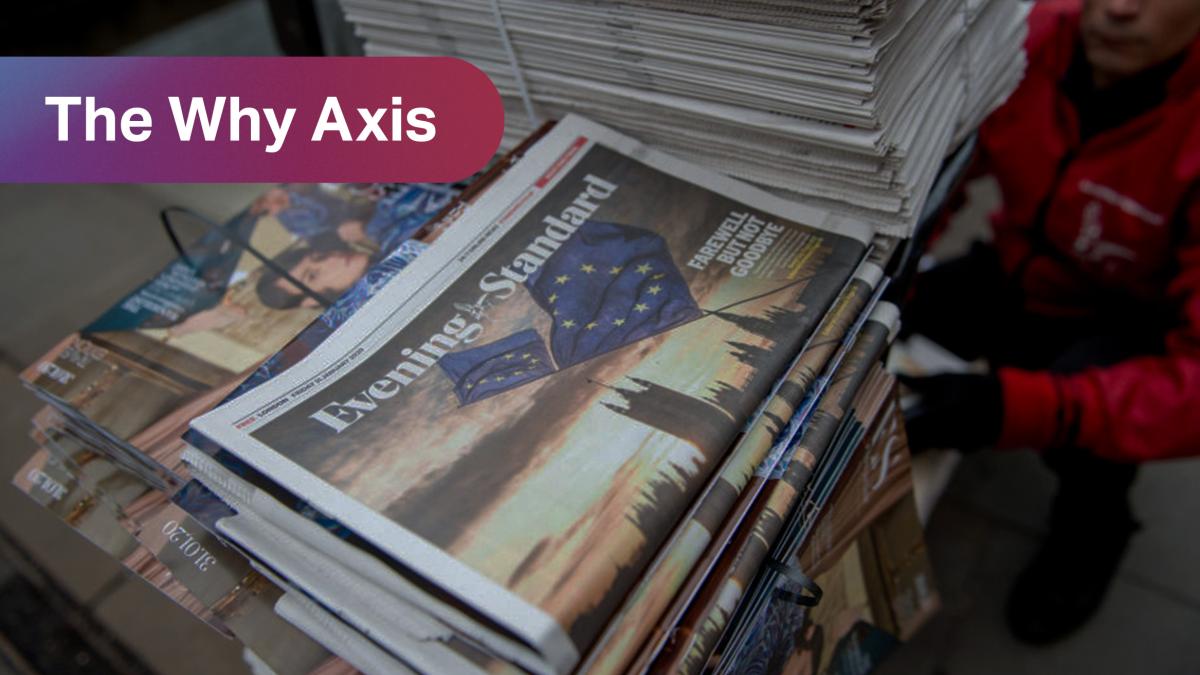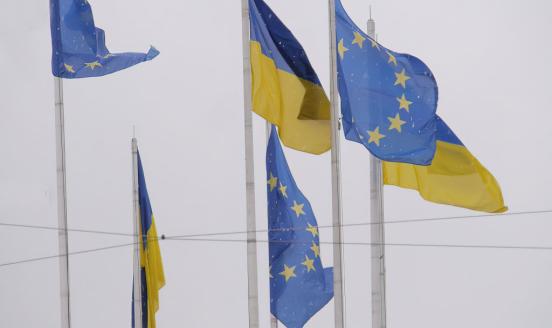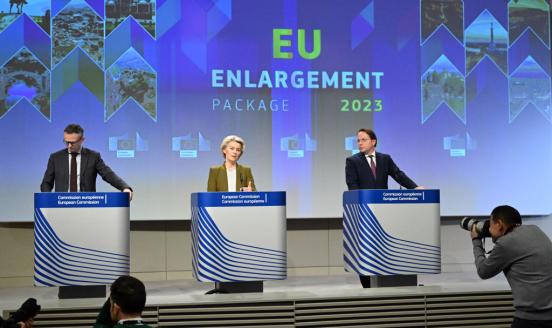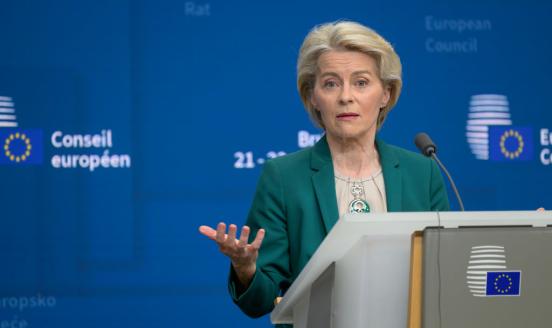How can the EU keep its credibility for accession conditionality to work?


The EU’s most successful foreign policy is enlargement. The prospect of membership is the greatest reward on offer, and it has inspired difficult and sometimes unpopular domestic reforms in previous candidates, from recognition of minority rights to reducing corruption, from abolition of the death penalty to decriminalisation of homosexuality. EU support has helped candidates to make economic reforms that vastly improved the functioning of markets and financial stability.
But this catalytic effect on domestic reforms only works if the EU’s offer is credible and its conditions are applied consistently. As discussed in a forthcoming Bruegel policy brief, leverage works when candidate countries are clear about what they must do, and that they will move forward if they do it. If political objections from an EU government blocks their progress, even though they have met the conditions, candidates get demotivated – as seen in North Macedonia.
So far, the accession catalyst has been working well for Ukraine. Despite the war, the government has made significant progress in improving the rule of law and reducing opportunities for corruption under the seven conditions set by the EU. The Commission has recommended that the European Council decides to open negotiations, and then adopts the negotiating framework after further progress on the Ukrainian side.
When it meets today, the European Council has a chance to send strong messages to both Ukraine and Russia: that Ukraine must keep up the good work to move forward in negotiations; and that negotiations will start as soon as the conditions are fully met, no matter what the Kremlin wants. The power of credible accession conditionality is the best chance to create a resilient Ukrainian state that practises rule of law better than some of the current EU countries.
The Why Axis is a weekly newsletter distributed by Bruegel, bringing you the latest research on European economic policy.



